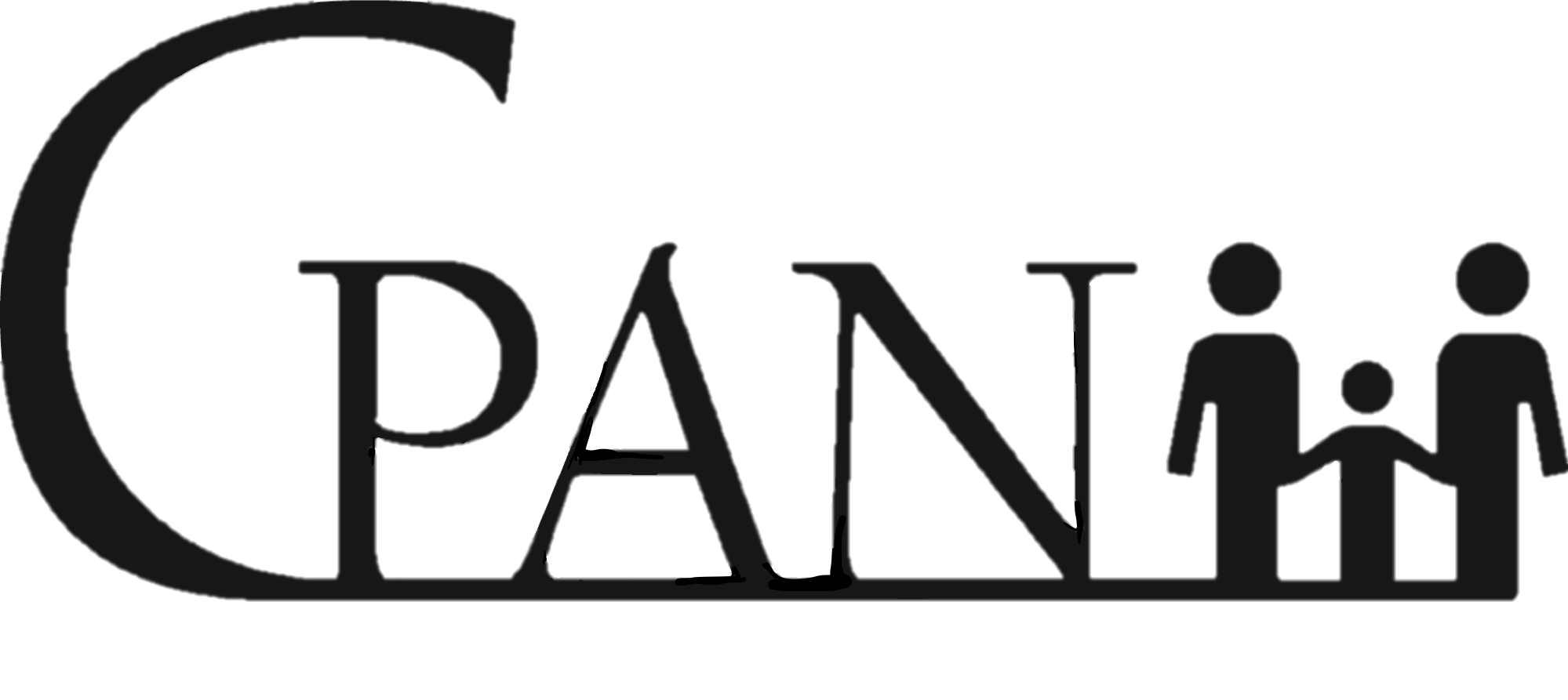CPAN Remains Optimistic that the Legislature Will Move to End the Michigan Care Crisis in 2024
CPAN Remains Optimistic that the Legislature Will Move to End the Michigan Care Crisis in 2024
Hoste: Senate bills represent a boost of hope to crash survivors
LANSING, Mich.—(Nov. 14, 2023)— With the Legislature officially adjourning for the remainder of 2023, CPAN, the consumer protection organization fighting for fair insurance laws, today expressed confidence that a solution ending Michigan’s care crisis would be a priority for legislators in the new year.
“This October, crash survivors received a boost of hope when the Senate passed a package of bills that would end the care crisis,” said Tim Hoste, president of CPAN. “While we’re disappointed that we couldn’t get a solution over the finish line and to the Governor’s desk before the holiday break, we’re confident that this Legislature will do the right thing when it returns in 2024 and pass a narrow and sustainable fix that will restore needed protections for crash survivors and consumers.”
Senate Bills 530, 531 and 575—sponsored by State Senators Mary Cavanagh, Sarah Anthony and Jeremy Moss—were passed by the Senate on Oct. 19, receiving bipartisan support. The bills offer narrow fixes to elements of the 2019 auto insurance reforms that have devastated the state’s post-acute care industry, which includes residential rehabilitation, in-home health care, case management and other services for people who need long-term care.
These bills—along with House Bill 4884, introduced in June by State Rep. Julie Rogers with the bi-partisan support of 56 co-sponsors—were referred to the House Insurance and Financial Services Committee and are awaiting a hearing.
Specifically, the bills would:
End Michigan’s crisis in care by developing a fee schedule for post-acute care services that is reasonable, fair and in line with the Medicare standard used for acute-care services. A study by the nonprofit public health institute MPHI found that as of April 2022, the nearly 50% cut in reimbursements for catastrophic care had led to more than 7,000 patient discharges, the loss of more than 4,000 health care jobs, and the closure of 24 businesses. Senate Bills 530, 531 and 575 would ensure that crash survivors are able to access needed care.
Protect families by eliminating the 56-hour per-week reimbursement limit on personal caregivers. Family members, friends and other home-based caregivers often play vital roles in the continuum of care for survivors of catastrophic crashes. For some survivors, their personal values or cultural traditions may require that family members provide their care. Other survivors have no choice, perhaps because they live in an isolated area or simply due to the ongoing shortage of nurses and home health aides. In many cases, family members wish to dedicate their lives to providing quality care to their loved one, requiring them to leave their careers behind. Regardless of the reasons, the 56-hour per-week cap on personal caregivers is arbitrary and unnecessary.
Maintain cost-saving measures included in the 2019 reforms. The proposed fee schedule will help lower costs by reducing unnecessary waste and litigation in the system. These bills will not change the major cost-containment elements included in the 2019 law, including choice in Personal Injury Protection (PIP) levels, reform to the assigned claims plan, and utilization review.
Utilization Review standards are defined. HB 4884 will establish that generally acceptable and appropriate standards are employed throughout the process and will increase transparency and fairness for insurers and providers.
##
CPAN is a broad bipartisan, Michigan-based coalition whose mission is to be the consumer advocate for auto insurance policyholders, those who have been injured in a motor vehicle crash and the medical providers caring for them, representing them at the Capitol, in the courts, and in the public forum. For more information, please visit www.CPAN.us.
